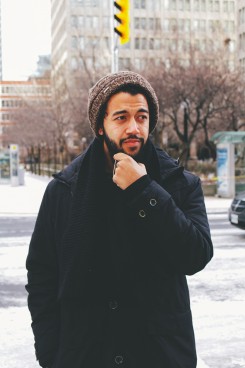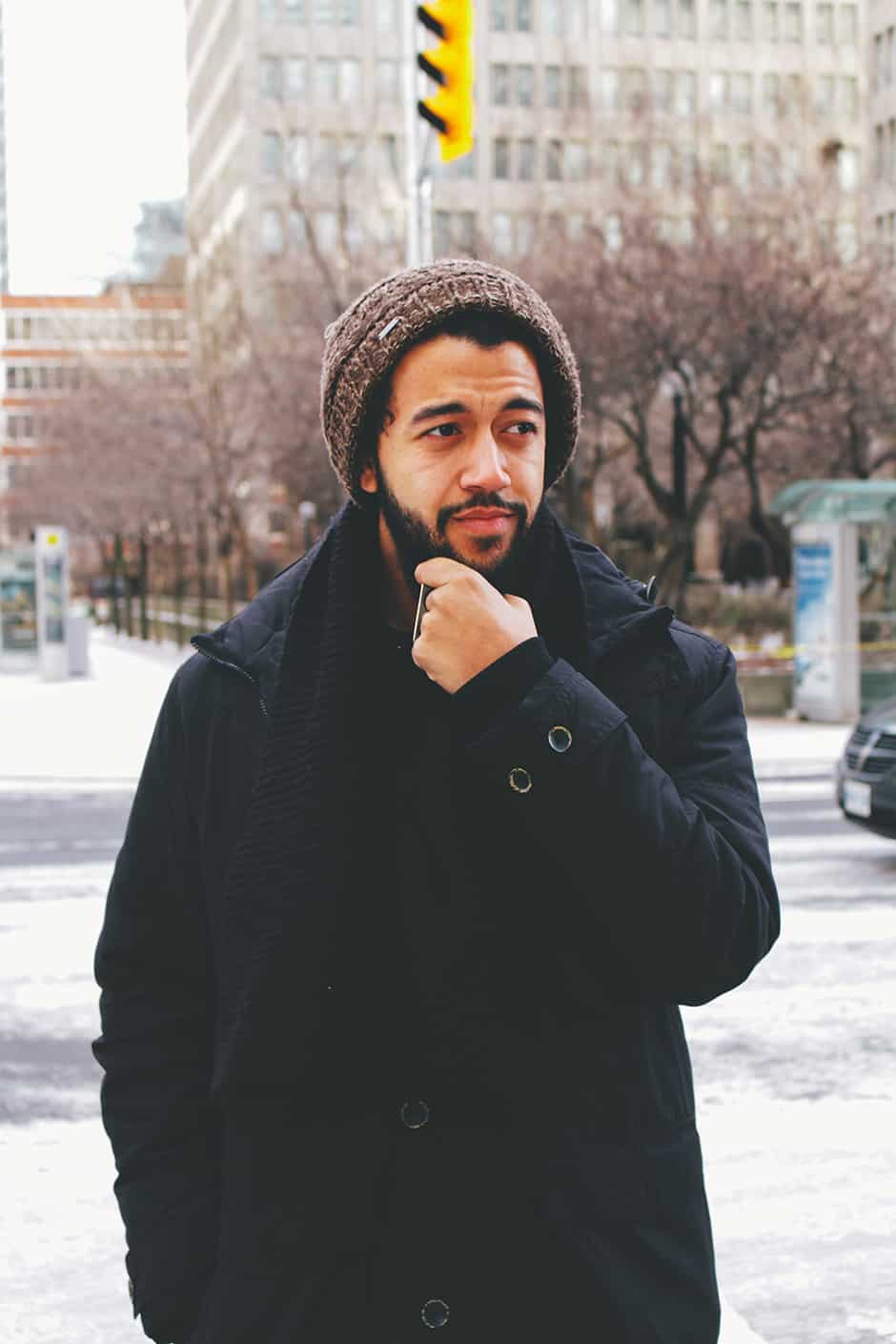It’s not often that you get the opportunity to go to Tim Horton’s with a biblical figure, but when it’s Judas, you make the time — and, perhaps, keep a watchful eye on your coffee. Aaron Williams plays Judas in Hart House Theatre’s upcoming production of Jesus Christ Superstar (JCS). He’s an alumnus of the University of Toronto with a background in Philosophy, Religion and Music, and History and Culture. With his official stage debut fast approaching, he took some time out of his busy rehearsal schedule to tell The Varsity about his role in the show.
A FIRST TIMER
U of T boasts a large and vibrant theatre community, but, until recently, Williams had never found himself involved with it. Discounting “performances in elementary school” he describes this opportunity as his “first real gig.” He cites his free time following graduation and his personal love of the show as the reasons for finally taking the plunge into performing.
“I’m finished school. I didn’t know what to do. So now, y’know, I decided to go take some classes at The Second City and Casting Central Inc., acting workshops…And then I heard about Jesus Christ Superstar — JCS is my musical! It’s my show!” Williams explains excitedly.

Aaron Williams landed the role of Judas after his first audition with Hart House Theatre. ALEXANDRA SCANDOLO/THE VARSITY
Working among seasoned professionals and veteran performers, it’s easy to feel like the odd man out, especially when you land a leading role at your first audition. In a real way, Williams could find himself in a similar position to Judas as the rouge of the group. But he insists that he’s never felt that way.
“Honestly, it’s been really nice. And I had pre-conceived notions and people would tell me things about theatre people. I’ve been lucky enough not to feel that yet. Everyone has been really nice and really supportive. A lot were shocked it seemed that this was my first show. Everyone’s been great — [a] very welcoming experience,”he says.
POLITICAL PERSPECTIVE
Often a focus in productions of JCS are the political and personal relationships that exist between the show’s main characters. Given the many forms of political unrest occurring around the world, now appears to be a particularly appropriate time to put on this production. Both Jesus and Judas can be seen as radicals of their own time period.
Williams expanded on this topic in relation to JCS, “Any ‘radical’ approach to making change usually comes with a charismatic leader,” he says, continuing, “The issue with a charismatic leader is once the leader becomes more important than the actual movement itself […] that’s the issue that Judas has with the movement that he started with Jesus. He feels that Jesus has now become more important than what their initial goal was.”
When asked if he thought the lead characters in JCS are an example of what is expected of leaders in movements today, or if their interpersonal struggles reflect the internal tensions that can exist within social movements, Williams responds unsurely: “Maybe, I’m not too sure. I wouldn’t say so, because they are on the same side. The only difference is the approach which they have decided to take. Judas feels that ‘It’s not about you, Jesus, but you’re letting this get to you’”.
This onstage relationship sits in stark contrast to Williams’ experience working with his fellow actors. “The beautiful part… that I’ve learned… is that it’s not about me, it’s not about Jesus, it’s not about anyone who can be said to star in the show. We’re like the least important people… Everyone’s got to work together. Everyone is trying to put on the show.”
NEXT STEPS
In terms of what people can look forward to from the production, Williams says the audience should expect “a certain amount of raunchiness,” an aspect that is perhaps somewhat unexpected in what might be branded as a religious narrative. Williams continues laughingly, “There are a couple parts in the show which are just full-on ridiculous as far as I’m concerned. Which is good. It’s definitely an interesting take [on the show] without giving away too much.”
With such a positive first experience thus far, Williams’ future as a performer appears bright. Reflecting on his introduction to the theatre world and his further potential, he offers some personal advice for other creative individuals with similar aspirations.
“One of the biggest things I’ve learned and which is going to literally carry me on for the rest of my life is if you have any inclination towards performing whatsoever just go do it. Literally, just go do it. It doesn’t make a difference what it is. It’s not a waste of your time because it’s allowed me to feel more focused and just better about living than I have in a little bit. It’s a good bit of fun,” he says.
At the close of our conversation, Williams returned to some wisdom passed down to him through an interview featuring Kevin Spacey. He recalls,“He was talking about working in theatre. And he felt the difference between film and theatre is that theatre is where you get to build families. You have to go and see these people all the time and work in close quarters to one another. Even after the show, if I don’t see everybody, I’m always going to have that space and time when I was working with those people. And right now I feel close to a lot of them.”


